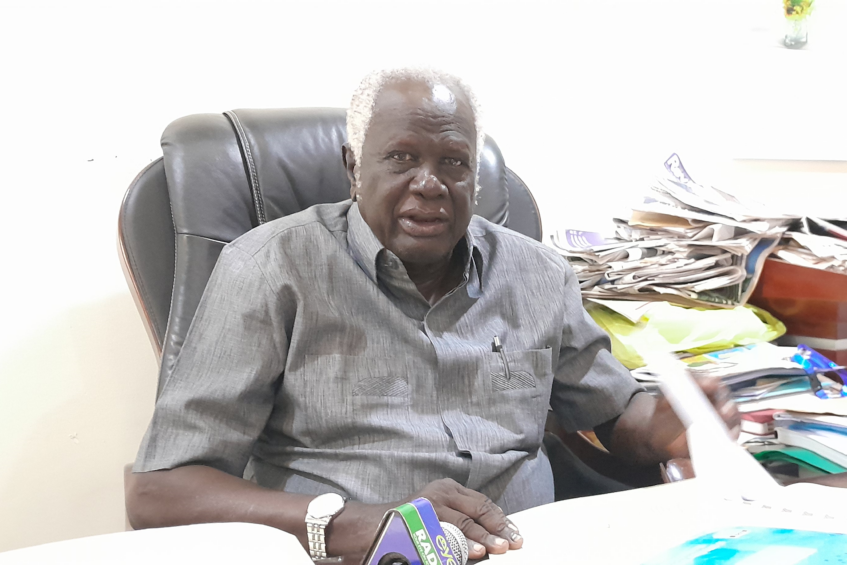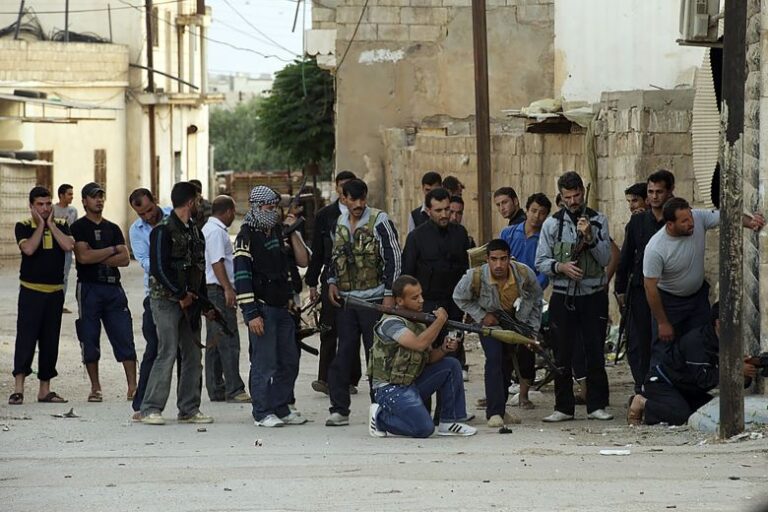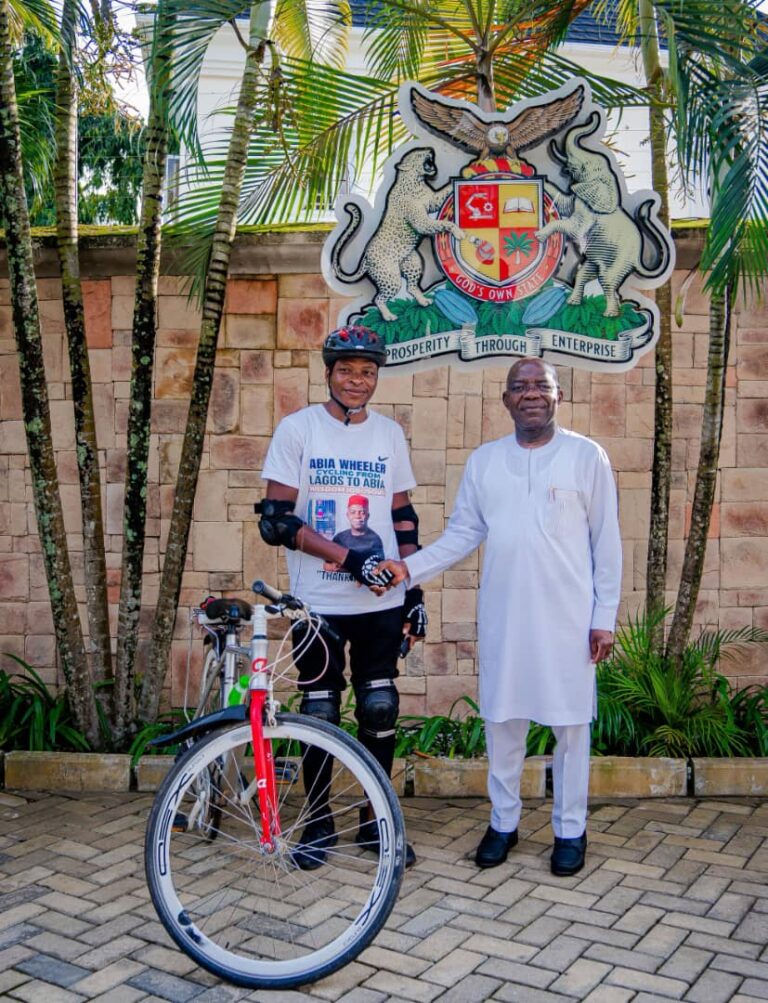
Author: Emmanuel J. Akile | Published: 27 minutes ago
Professor Abednego Akok, Chairman of the National Elections Commission, during an interview with Eye Radio at his office in Juba on August 23, 2024. — Obaj Okuj/Eye Radio
The Chairperson of the National Election Commission has proposed that South Sudan’s 2026 general elections be conducted using data from the 2008 population census and the 2010 elections.
Professor Abednego Akok said this would require amending the current constitution and the National Elections Act to align with the existing timelines. He urged the unity government to expedite the process, citing limited time before the polls.
He further proposed that the upcoming elections be based on the 332 parliamentary seats established in 2010.
Professor Akok made the remarks in an interview with Eye Radio this morning.
“There are some gaps and contradictions in the National Election Commission Act regarding the seats, 332 seats, while the constituencies are unmarked. So we would like to urge you the leadership and those who are committed to the R-ARCiSS to go back to 2008 census and 2010 election that is using the constituencies all constituencies these need to be amended and to be passed by the parliament,” he said.
Professor Akok also called on political parties that signed the 2018 revitalized peace agreement to show commitment to holding the elections in December 2026.
“My last message to the parties and the government in South Sudan is, first of all, it is the duty of the government to come up with a very clear political will that we are ready to ah conduct elections in December 2026.
“And it is the duty of those parties who signed peace agreement to sit down and see those gaps and contradictions and recommend the MPs to the Parliament to amend the Act. Then from there we can now go for election. This is what I can recommend now,” he said.
South Sudan has not held a general election since gaining independence in 2011. The first polls, initially planned for July 2015, were postponed due to the outbreak of civil war.
Since then, the national parliament has extended the president’s term several times, citing insecurity and delays in implementing the peace agreement.










